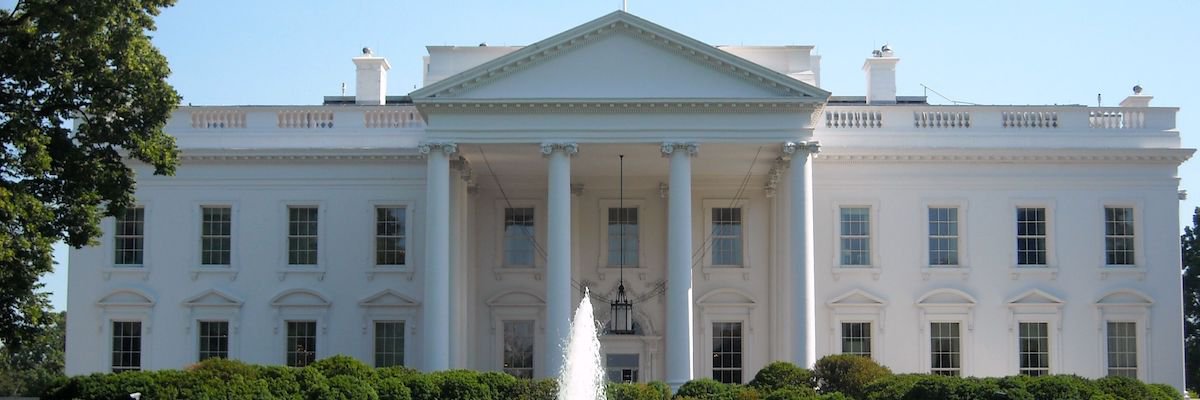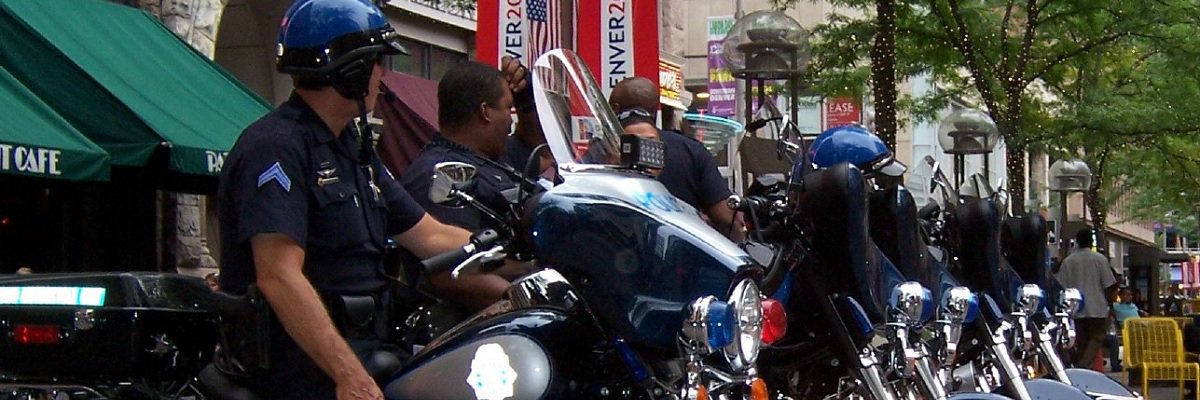Presidential contenders Kamala Harris and Pete Buttigieg last month pledged to support Countering Violent Extremism, or CVE, an Obama-era campaign to prevent radicalization.
In the four years since the Obama administration first unveiled CVE as a community-driven approach to national security, CVE grant programs gone to cities across the country, remaining relatively unchanged under the Trump administration. Harris and Buttigeg are the first candidates to incorporate the policy into their own counterrorism platforms, pledging up to $100 million and $1 billion, respectively.
CVE is an umbrella term that describes a broad range of counterterror programs that are funded by a federal grant from either the Department of Justice, the Department of Homeland Security, or most recently, the Department of State. The initial round of funding from the Department of Homeland Security totaled $10 million.
Presidential candidates like Harris and Buttigieg need to consider the local legacy of CVE and the effectiveness of its initiatives, according to Boston activist Fatema Ahmad.
“The people in these programs should get supportive resources that have nothing to do with cooperation with law enforcement,” Ahmed said. “There’s a huge disconnect when [law enforcement] says they want to help a community, but its people are essentially suspect, and we need to be in their homes, their schools, their masjid all the time.”
Ahmad, a former biomedical engineer turned anti-Islamophobia community organizer, helps lead
Muslim Justice League, a Massachusetts-based nonprofit organization that advocates for communities whose civil rights and liberties have been threatened because of counterterrorism policy. The nonprofit organizes against CVE, arguing that the grant program uses the guise of community-building and public health resources to surveil communities of color and Muslim Americans. To Ahmed and other Muslims, CVE uses the language of community policing to distract from the fundamental discrmination implicit in a program that assumes certain populations are more likely to become terrorists.
In Massachusetts, one of the largest recipients of DHS’s CVE grant is the Executive Office of Public Safety and Security, or EOPSS.
EOPSS’s CVE grant targeted 139 inmates across the state’s maximum security prisons who had committed an act of aggression while incarcerated. Believing these inmates to be more prone to radicalization, EOPSS used their $500,000 DHS grant to provide mental health resources and employment referrals to help smoothly integrate the inmates back into society.
The EOPSS CVE grant program officially concluded this July. In an EOPSS report to DHS released through a public records request, the grantee reported that only 27 percent of inmates were discharged with “good standing” from the mental health training program.
“What are these evaluations even going to measure? There’s no way to say, ‘oh, this person was clearly going to commit an act of violence, and now they’re not,” Ahmad said. She is unsurprised by the EOPSS report, which echoes other evaluations of CVE effectiveness, even those conducted by the CVE grantees themselves, that have failed to show tangible security gains. This has led Ahmed and other anti-CVE organizers to question why critical social services are only dolled out to inmates who are deemed potential terrorists.
“Obviously people who are incarcerated need so much support, so we want to have resources to support those folks, and there are a lot of community-based organizations that do that kind of work,” she said. “These types of things should never be tied to this idea that certain groups of people are inherently violent.”
You can read the most recent quarterly report on the MA EOPSS CVE program below.
MuckRock has been trying to learn more about the use of CVE grants around the country. You can explore additional related requests here.
Image via U.S. Department of State.




